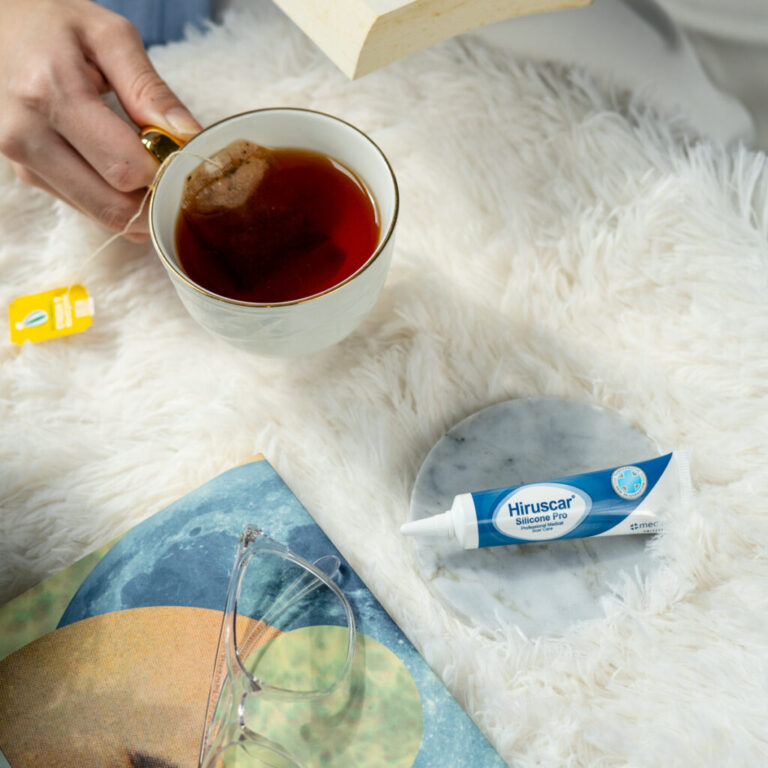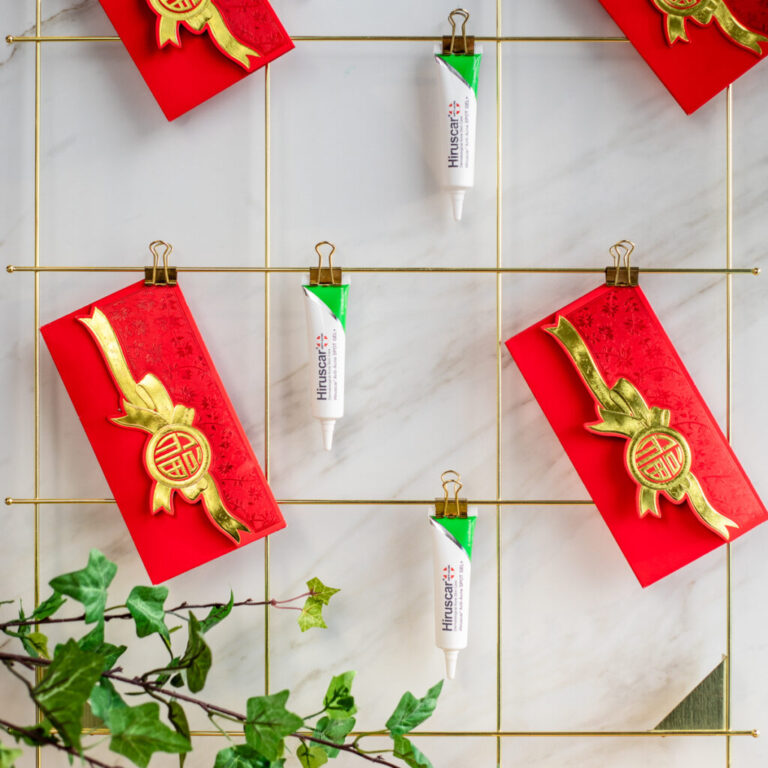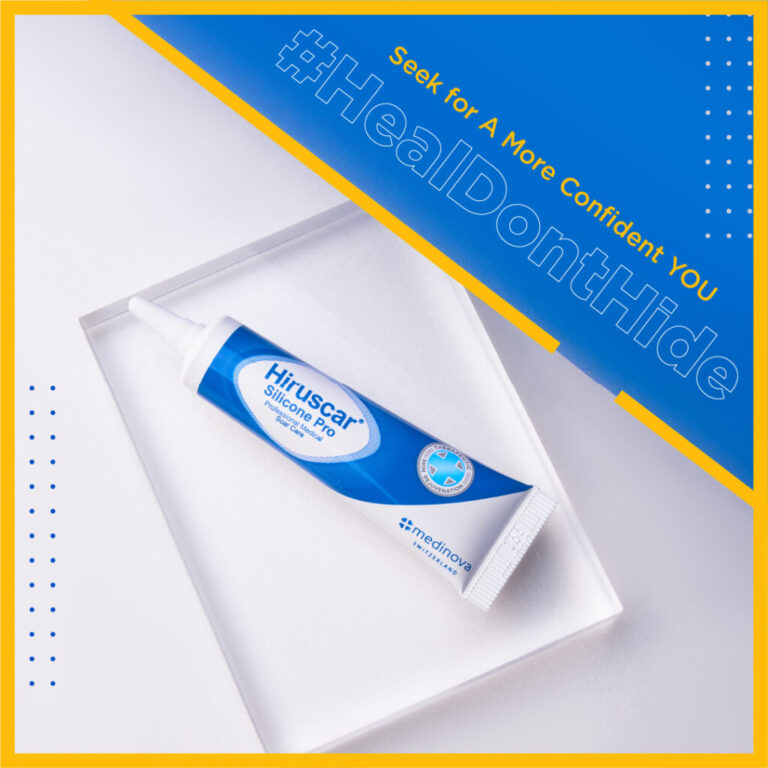
To people who are prone to acne breakouts, having a good skincare routine is critical to reducing the chances of it happening. The proper routine will help remove excess oil, keep pores clean, and help speed up the healing process of existing blemishes, including acne scars.
There are many acne treatment products out there, including so much contradictory information. As a result, it can seem overwhelming to develop a skincare routine for acne. To get your desired result, your everyday skincare routine for acne doesn’t need to be complicated.
You can control the breakouts and reduce the signs of a flare-up with the correct information and guidance, just like we will share below.
1. Use an Appropriate Face Cleanser Every Morning and Night
Irrespective of your type of skin, the first step in every skincare routine should be cleansing. Cleansing your skin effectively twice a day is essential, especially if you have acne-prone skin. It helps to remove all impurities, oil, and dirt that can clog pores and lead to blemishes, blackheads, or whiteheads.
To cleanse your face, you don’t need to use an acne-fighting face wash. Acne cleansers are typically dry and harsh, which can cause more breakouts rather than healing your face.
With the aid of a sulfate-free, mild cleanser that does the job of dissolving bacteria, dirt, and excess oil without removing your skin or leaving it irritated, you can cleanse your face to protect it against breakouts.
2. Use a Facial Toner Every Morning and Night
After cleansing, the next step is to add a toner to loosen up your pores. Toners help to prepare the skin for the next step so that the ingredients can be absorbed entirely. Toners also help remove excess oil, combat blemishes, blackheads, and moisturize your skin. Take a cotton ball and add a few drops. Apply gently over your neck and forehead.
Astringents, since they are intended to eliminate excess oil, are ideal for an oily acne-prone skincare routine. For dry acne-prone skin, the safest skincare routine is to use a hydrating toner. Irrespective of the type of your skin, if toners or astringents with alcohol over dry or irritate your skin, avoid them.
3. Use Moisturizer Every Morning and Night
Using a moisturizer helps to restore your skin, hydrate, and protect it. Moisturizing already oily skin might seem illogical. Conversely, all skin types require regular hydration, including a skincare routine for acne.
The glands go into overdrive without a moisturizer to compensate and end up creating excess oil, resulting in clogged pores and gleaming skin. Your skin will be desperate for moisture after acne treatment.
Therefore, using a light moisturizer will prevent dry and peeling skin, once in the morning and once at night.
4. Protect Your Skin With SPF Every Morning and Evening
Regardless of your skin type, applying SPF every day is a must to keep acne at bay. Although this step is not mandatory at night, it’s a must during the day. Many people don’t apply sunscreen because dense SPF usually blocks pores and induces more breakouts.
Sunscreens are no longer the dense, greasy stuff you used to know. There are plenty of lightweight alternatives available in stores and online.
Sunscreens should be an essential component of your acne skincare routine because several acne treatment products make your skin susceptible to sun damage.
5. Use Anti-Acne Gel at Night
The powerhouse in every skin-care regimen is treatment products made with active ingredients, and this is the stage where the magic happens. To care for acne-prone skin and prevent acne, combine your night skincare routine with Hiruscar Anti-Acne Spot Gel.
It helps to control sebum secretion, reduces bacteria, removes dead skin cells, balances skin moisture level and reduces acne recurrence. Apply it for at least six weeks and twice a day to start seeing results.
In a Nutshell
When it comes to acne, there’s usually no instant fix. Before you see results, allow your skin enough time to adapt to the skincare routine for acne-prone skin. When acne breakouts happen, it can cause you worries, and worse, acne scars.
Luckily, there are acne scar removal creams, such as Hiruscar Post-Acne Gel made especially to treat acne scars. With these products, acne scar removal is now possible for everyone.



